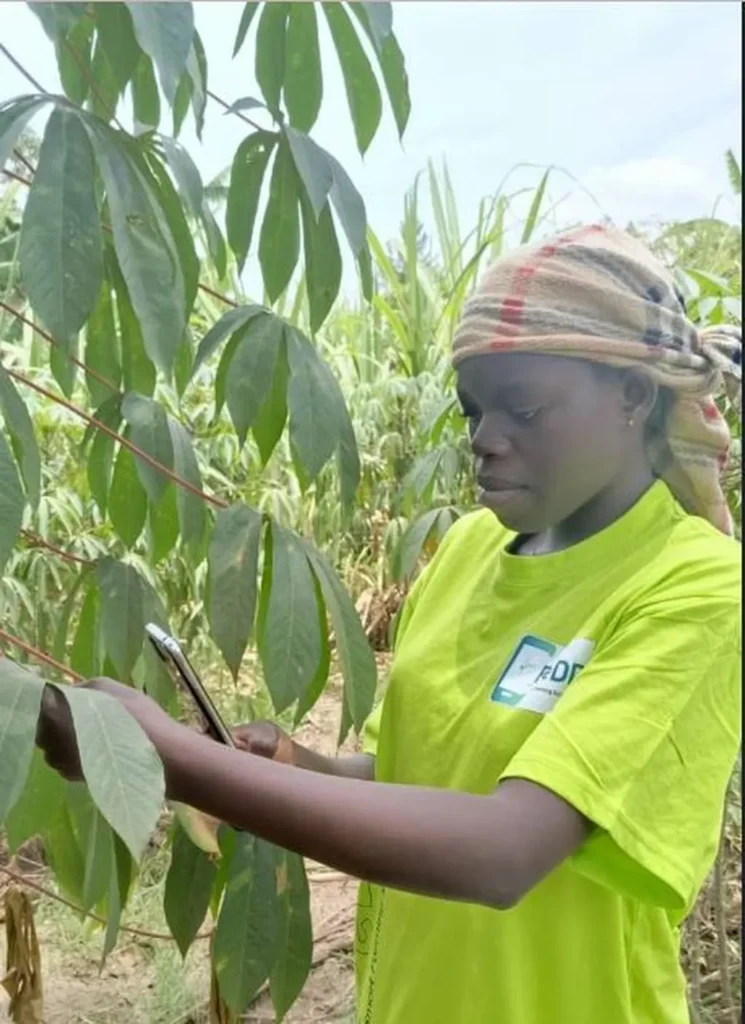In the heart of Uganda, a researcher is uncovering how artificial intelligence (AI) and machine learning (ML) are revolutionizing agriculture, promising to boost yields, slash costs, and foster sustainability. Okechukwu Paul-Chima Ugwu, from Kampala International University, has led a comprehensive review of 95 studies, published in the journal *Cogent Food & Agriculture* (which translates to *Thoughtful Food & Agriculture*), that delves into the transformative potential of AI and ML in crop management.
The findings are striking. AI and ML algorithms are enabling farmers to make data-driven decisions that enhance productivity and sustainability. “These technologies are not just about increasing yields; they’re about optimizing resources and creating a more sustainable future for agriculture,” Ugwu explains. The review highlights that neural networks, decision trees, and deep learning models have achieved accuracies of up to 93 percent in various agricultural applications. Deep learning, while the most accurate, is also the least interpretable, posing challenges for widespread adoption.
The benefits are substantial. Farmers are seeing a 25 percent increase in yield, a 28 percent reduction in costs, and a 40 percent efficiency gain. Moreover, these technologies are enabling a 22 percent water savings, a 28 percent reduction in fertilizer use, and a 35 percent decrease in nitrogen runoff, addressing critical environmental concerns.
However, the path to widespread adoption is not without hurdles. Ugwu points out that poor data quality, expensive infrastructure, limited digital literacy, and ethical concerns around data ownership and bias are significant barriers. “We need to address these challenges to ensure that these technologies are accessible and beneficial for all farmers, not just large-scale operations,” he emphasizes.
The review also sheds light on the potential of converging technologies. Blockchain, IoT, and robotics are enabling integration and automation, which can lower labor and input requirements by up to 35 percent. Integrated, enterprise-scale platforms are favoring large farms, while mobile AI applications are yielding 15-30 percent gains for smallholders.
Looking ahead, Ugwu’s research points to the importance of inclusion policies, transparent systems, and global governance. “AI and ML are drivers of socio-technical transition consistent with Sustainability Transitions Theory,” he notes. “We need multidisciplinary strategies to build sustainable, climate-resilient food systems.”
The implications for the energy sector are also significant. As agriculture becomes more efficient and sustainable, the demand for energy resources could shift, opening new avenues for innovation and collaboration. The integration of AI and ML in agriculture is not just a technological advancement; it’s a step towards a more sustainable and resilient future.
Ugwu’s work underscores the need for continued research and policy development to harness the full potential of these technologies. As we stand on the brink of a new agricultural revolution, the insights from this review could shape the future of farming, energy use, and environmental stewardship.

